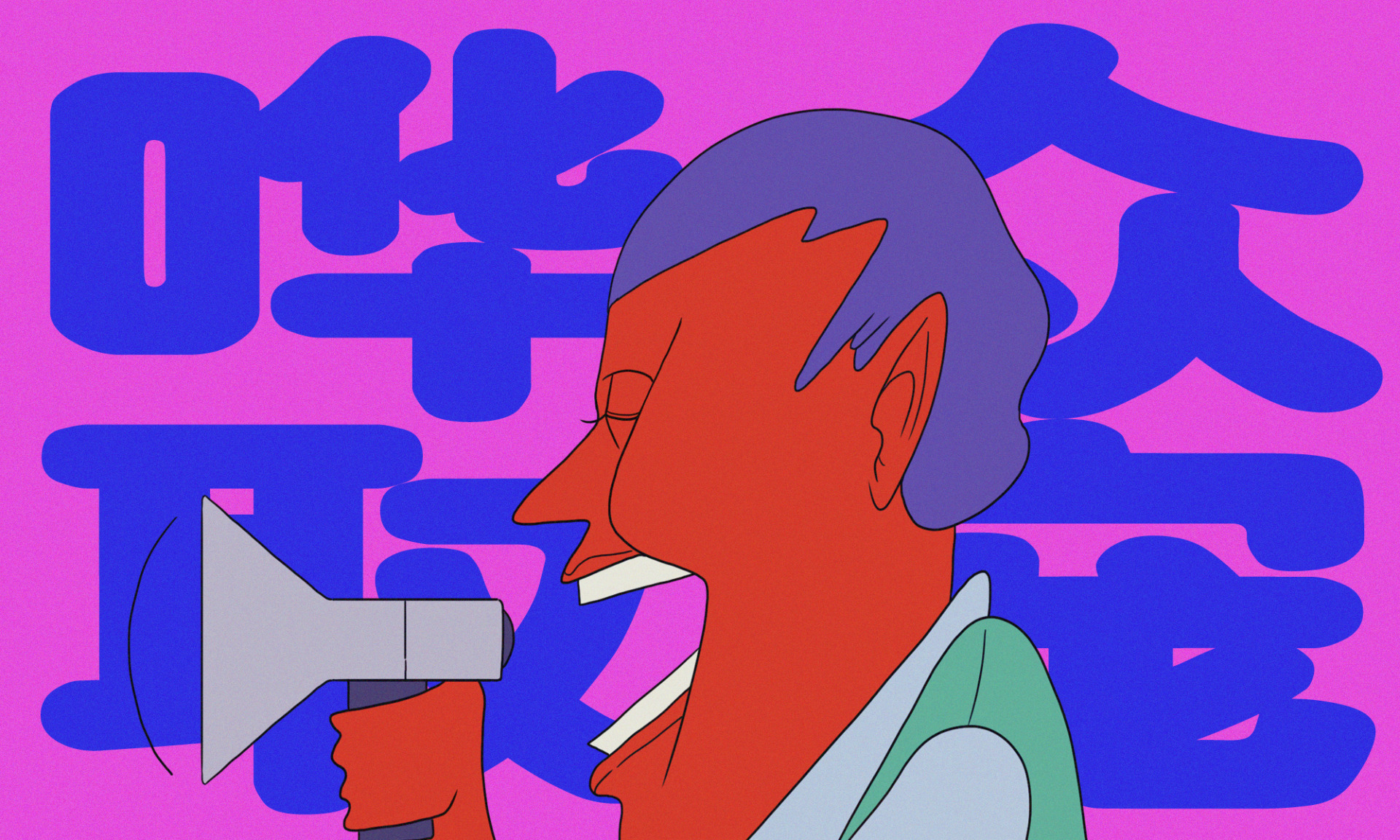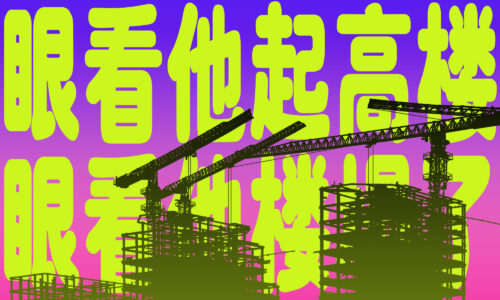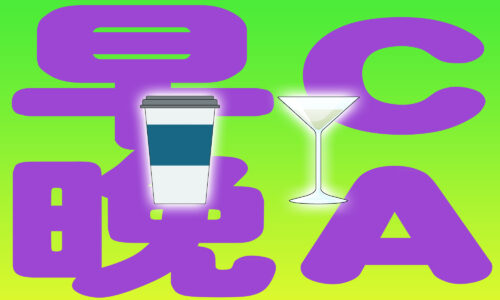Pure grandstanding — phrase of the week
Mere symbolism or “pure grandstanding” is how Beijing characterized U.S. moves to boycott the Winter Games.

In response to America’s announcement of its diplomatic boycott of the Winter Olympics, the Chinese Foreign Ministry dismissed the move as “pure grandstanding” (哗众取宠 huázhòng qǔchǒng):
This wishful thinking and pure grandstanding is aimed at political manipulation.
完全是自作多情、哗众取宠、政治操弄
Backstory and translation
This idiom can be traced back to the Book of Han 汉书 (hàn shū), a history of China finished in AD 111, covering the Western Han from the first emperor in 206 BC to the fall of emperor, Wáng Mǎng 王莽, in 23 AD. This historical document is also known as the Book of Former Han.
Breaking it down:
哗 huá: make a noise or talk rubbish
众 zhòng: the people
取宠 qǔchǒng: win adoration
The translation “pure grandstanding” captures the tone but not the full meaning of the idiom. It actually means “to win favor or support to achieve (political) gain by giving the people what they want to hear or see.”
Expect to hear “grandstanding” used more in the coming weeks — as in this article (in Chinese):
America’s “Olympic boycott” is absolutely wishful thinking and pure grandstanding.
美炒作“外交抵制”完全是自作多情哗众取宠
Note that when you really want to make a point in Chinese, two, or even three idioms are better than one. A second idiom 自作多情 zìzuò duōqíng, which means “imagine oneself as the favourite of the opposite sex” is translated creatively here as “wishful thinking”!
If you enjoyed this, check out Andrew Methven’s Slow Chinese 每周漫闻 newsletter, a resource to help you master modern Mandarin, and understand how people speak Chinese today.






